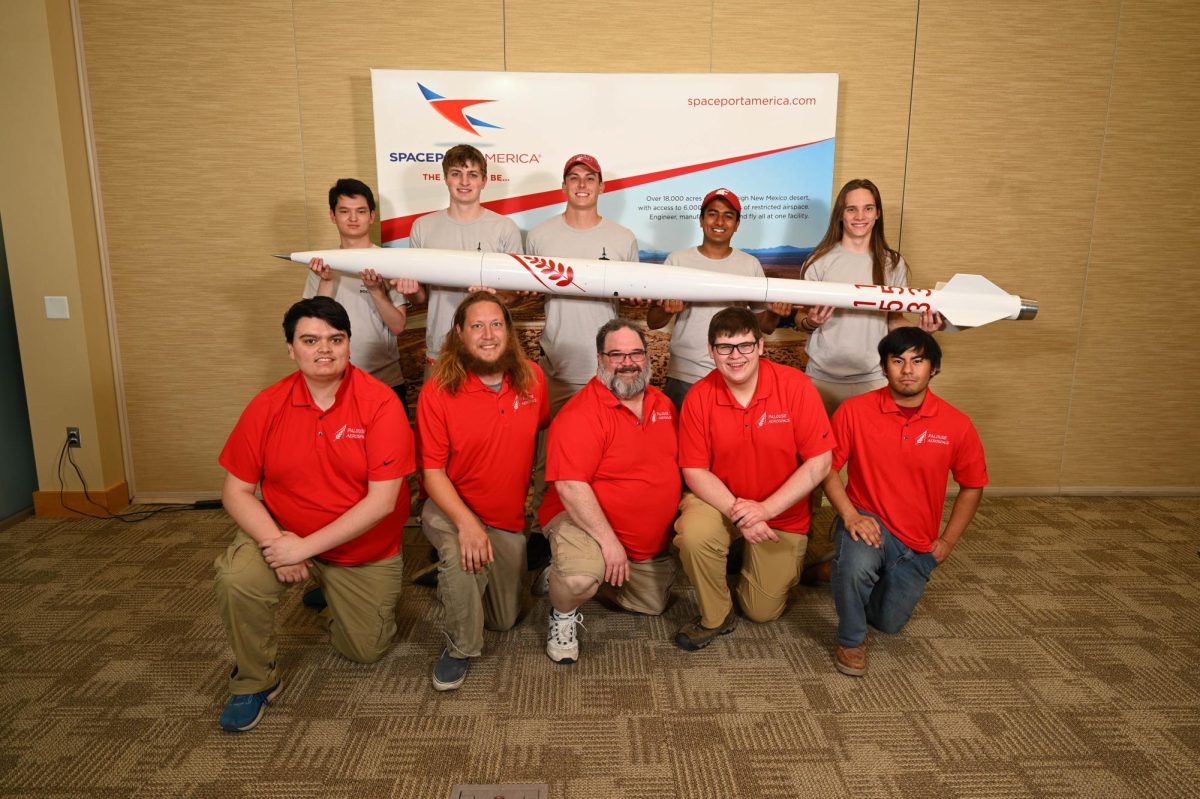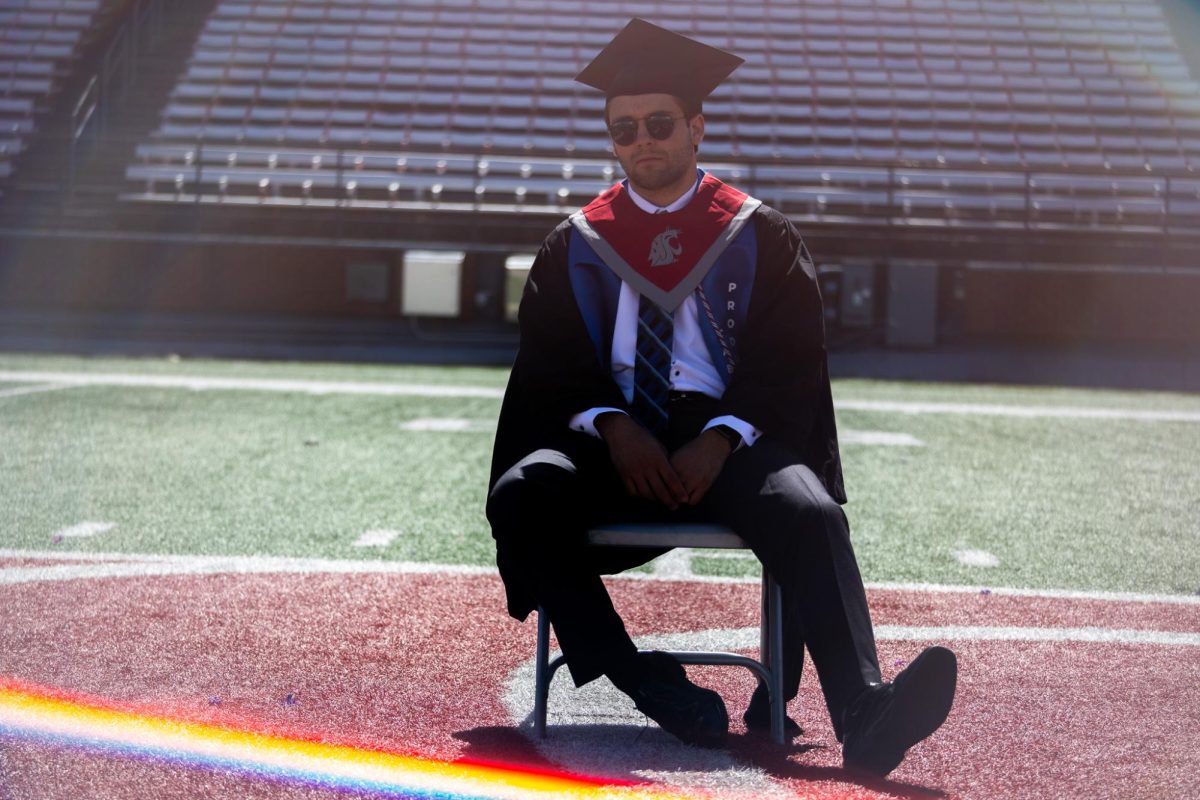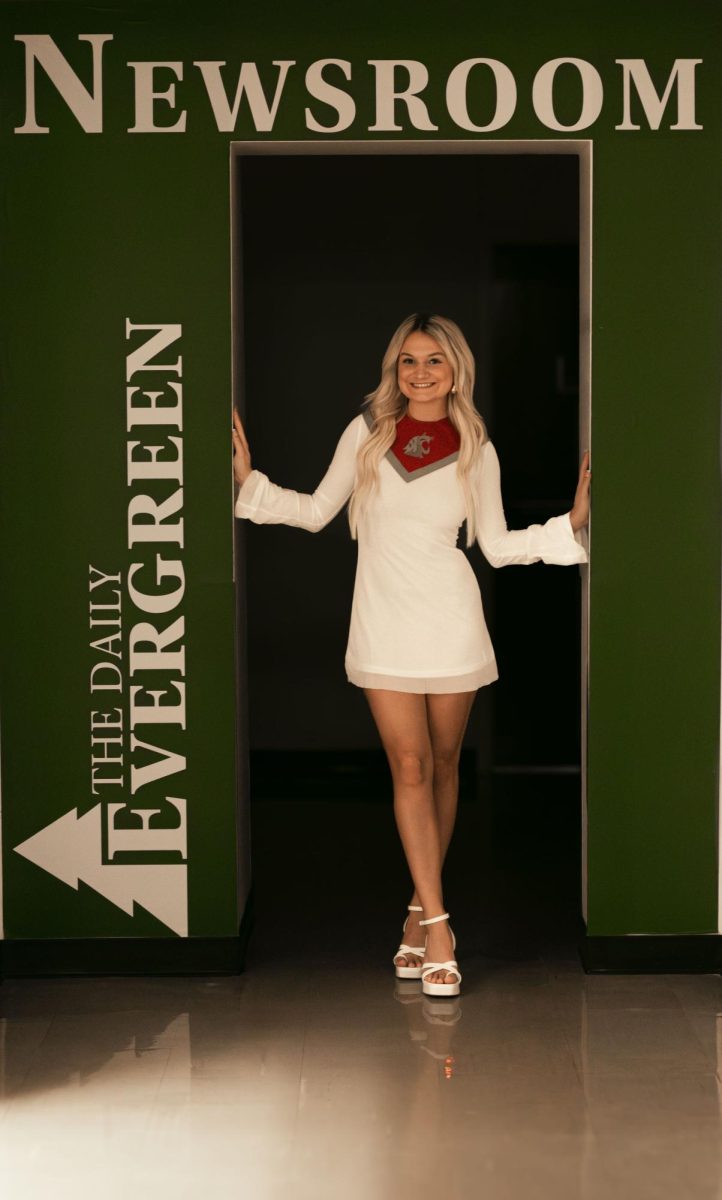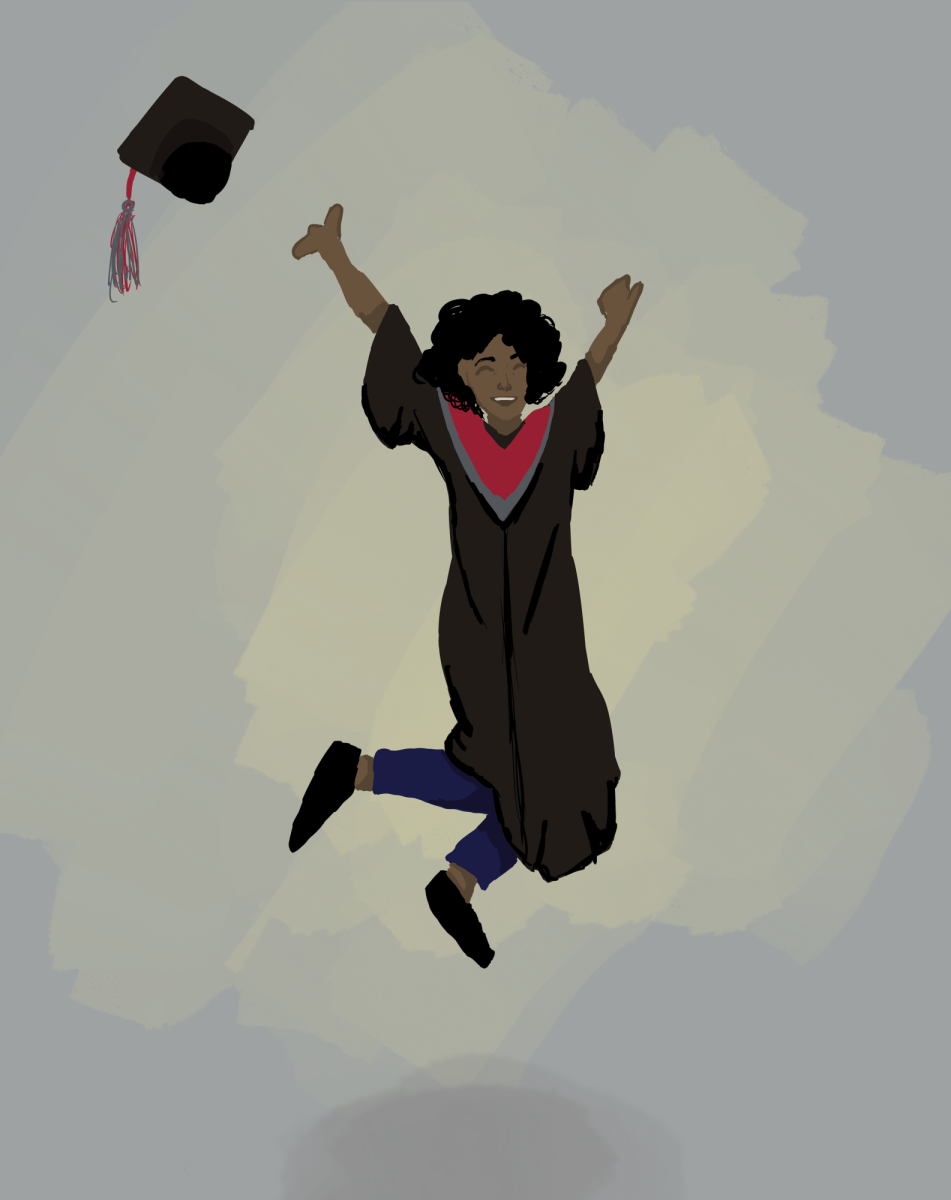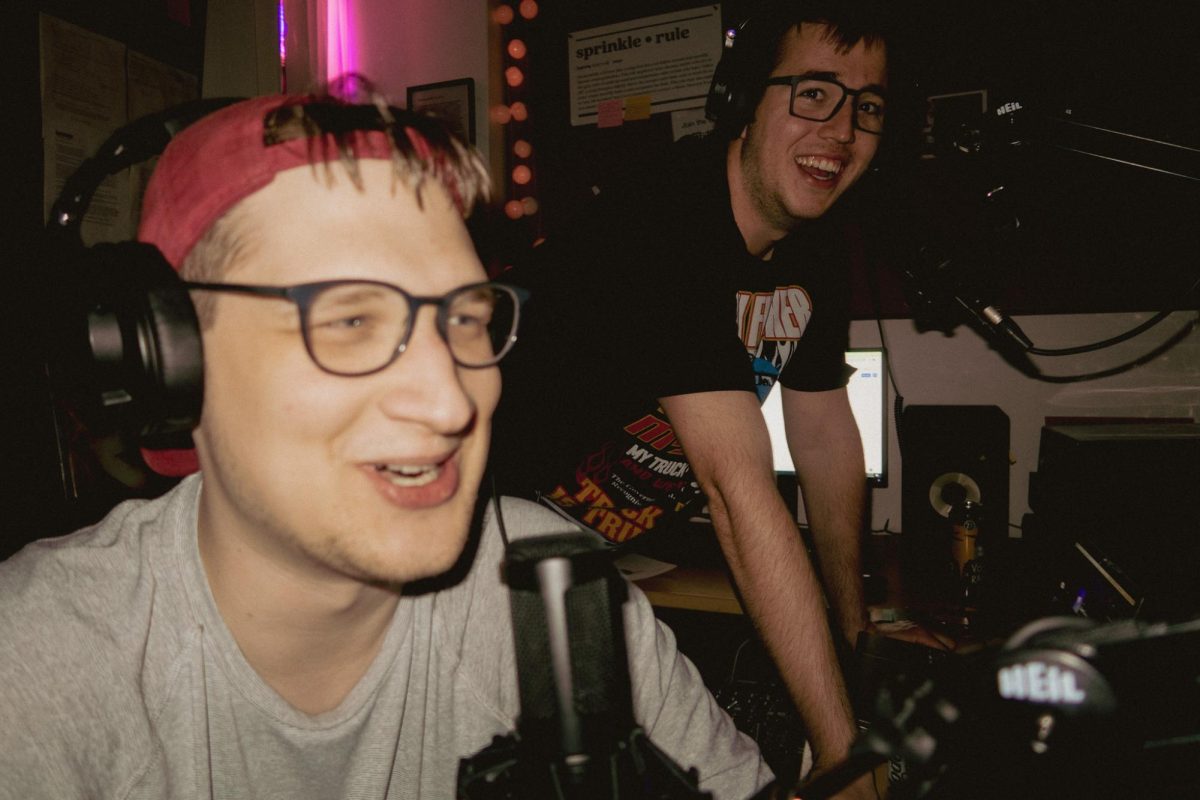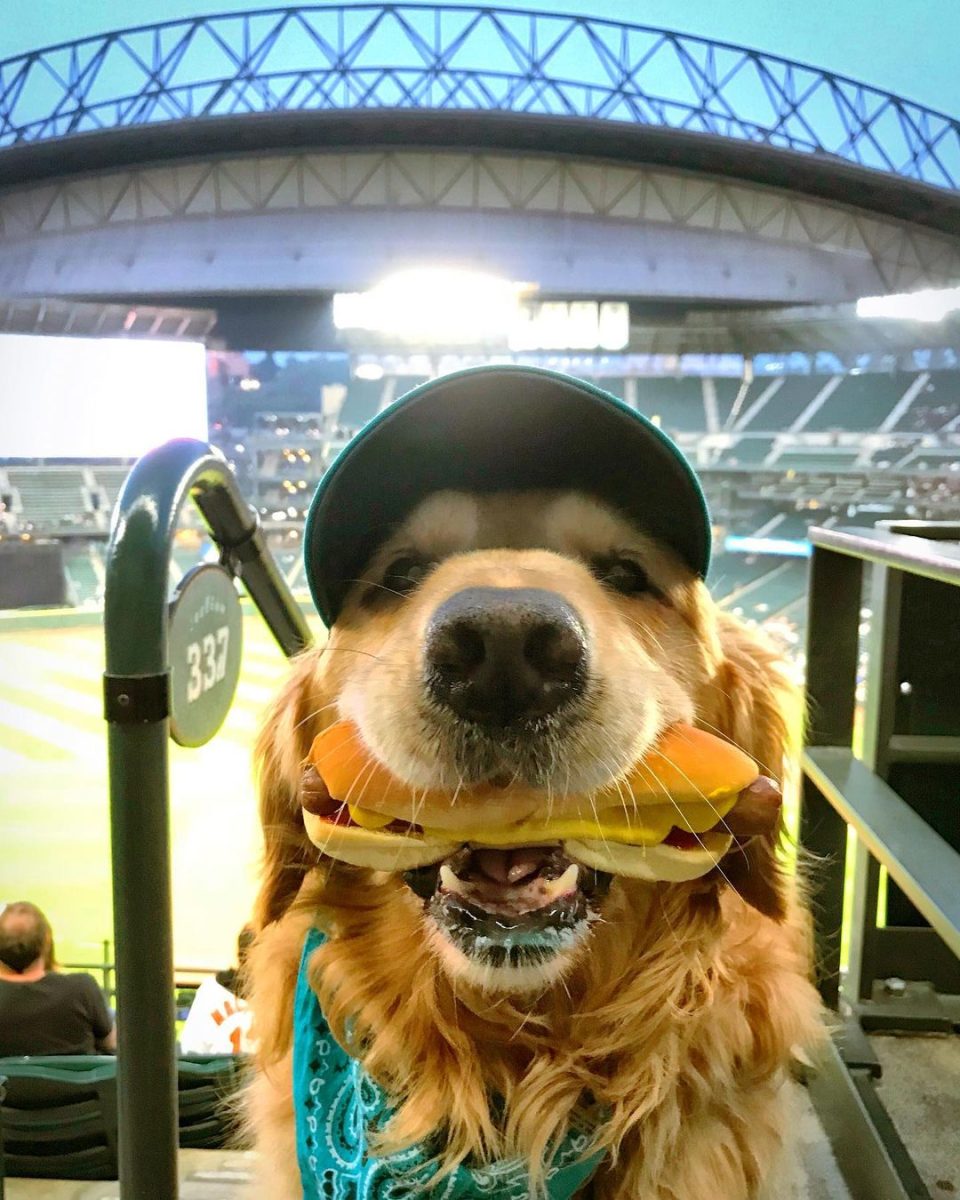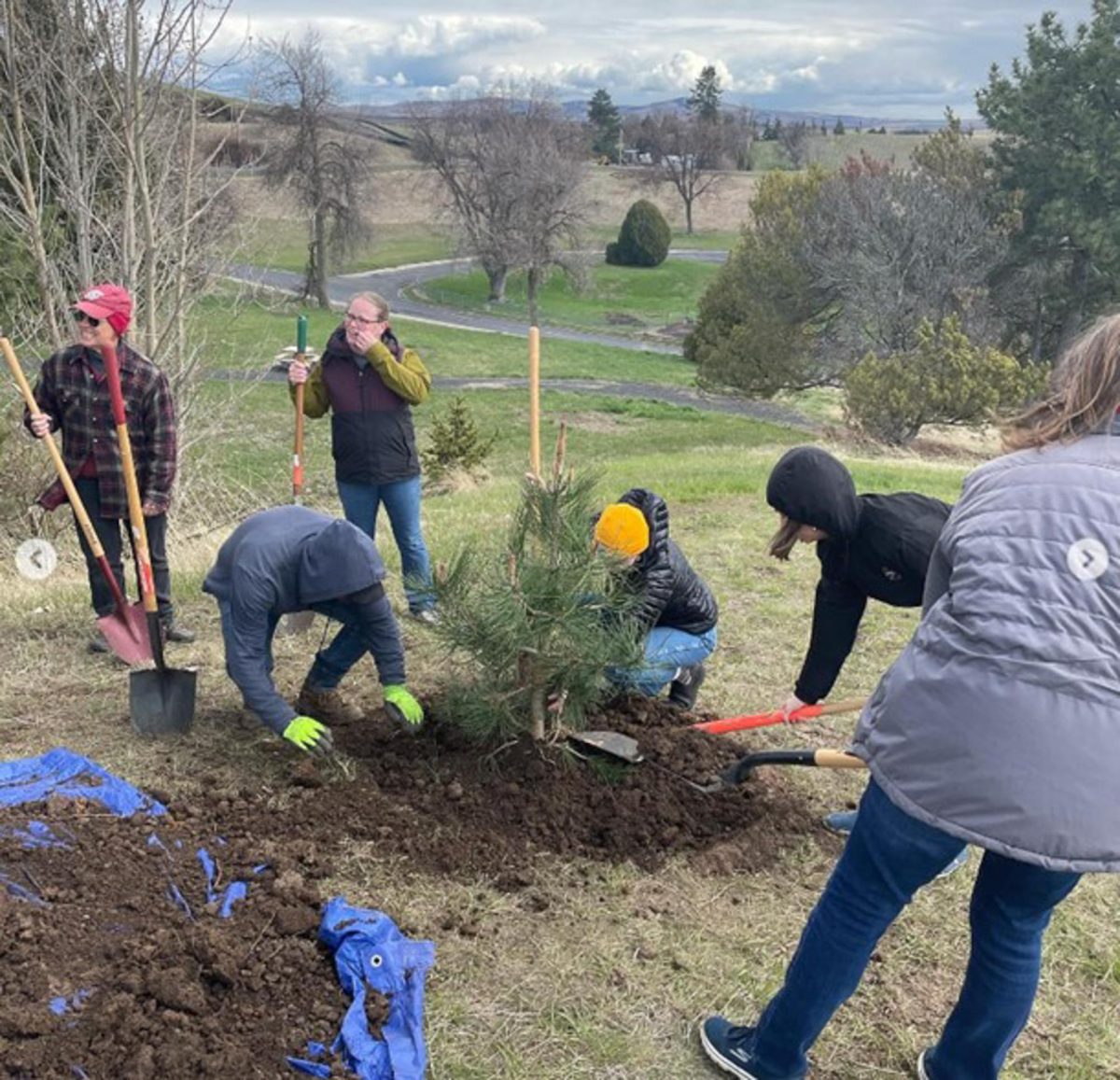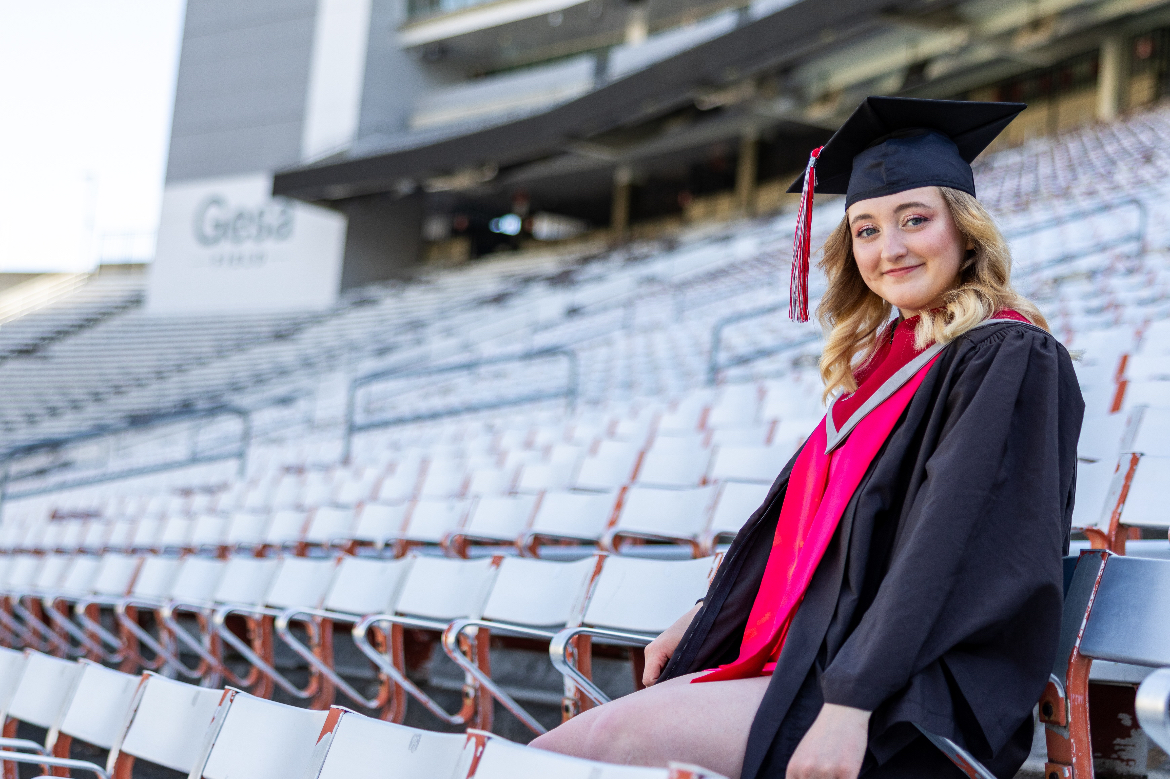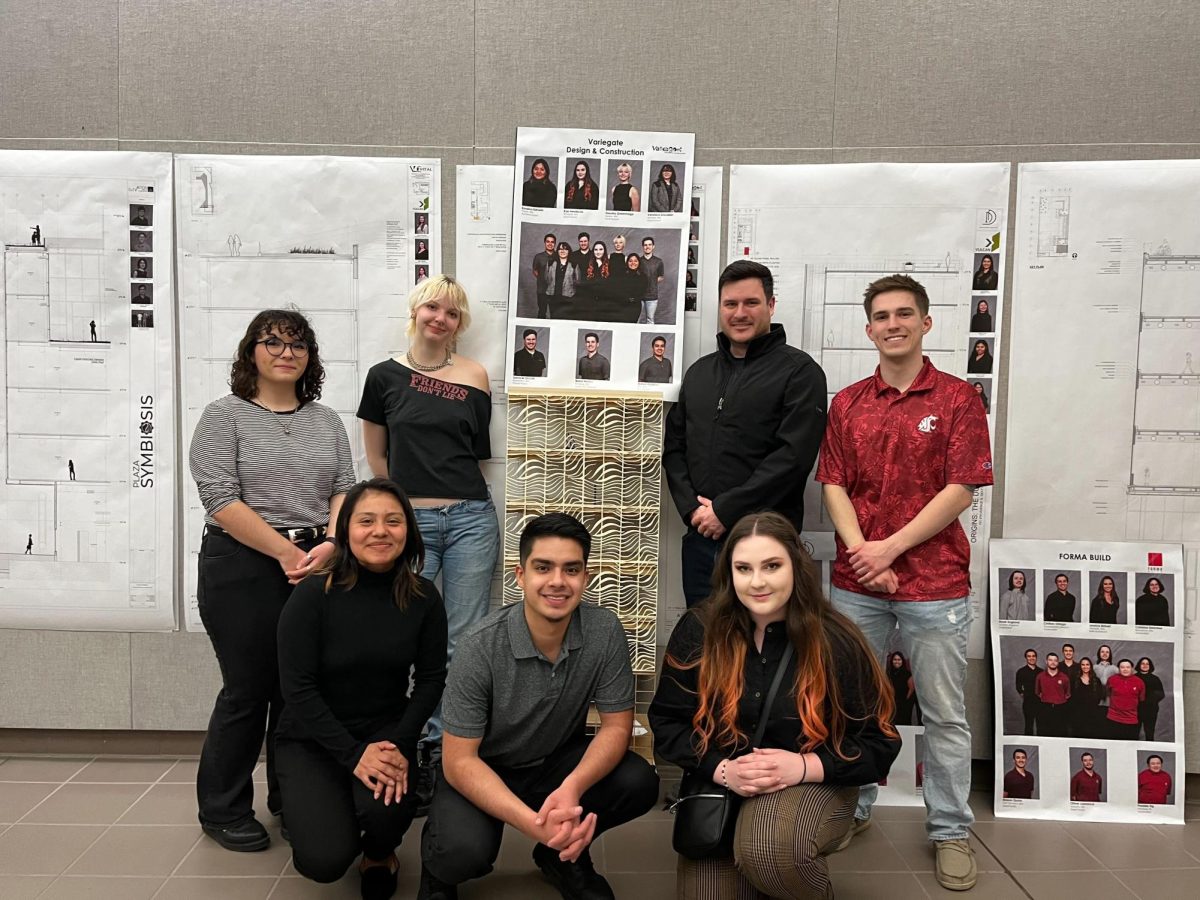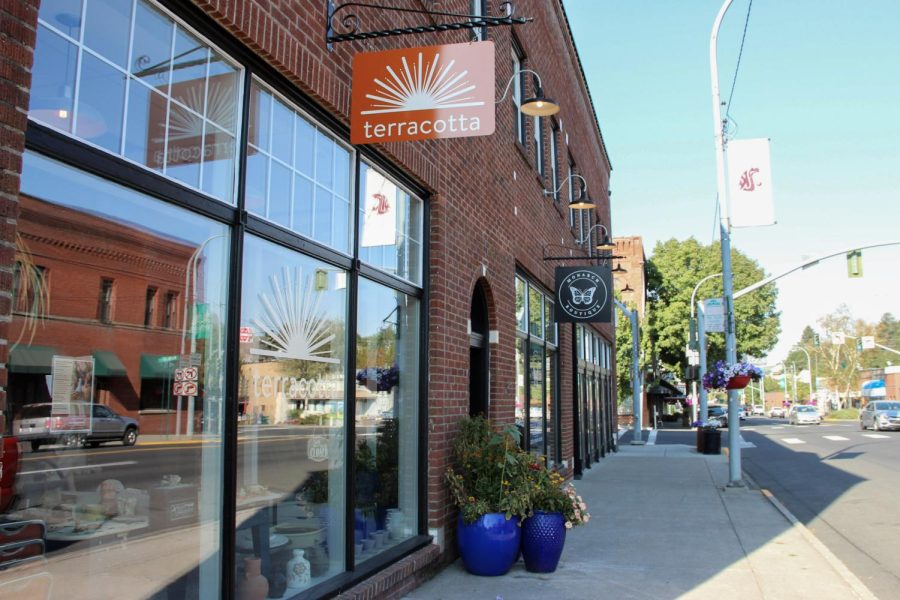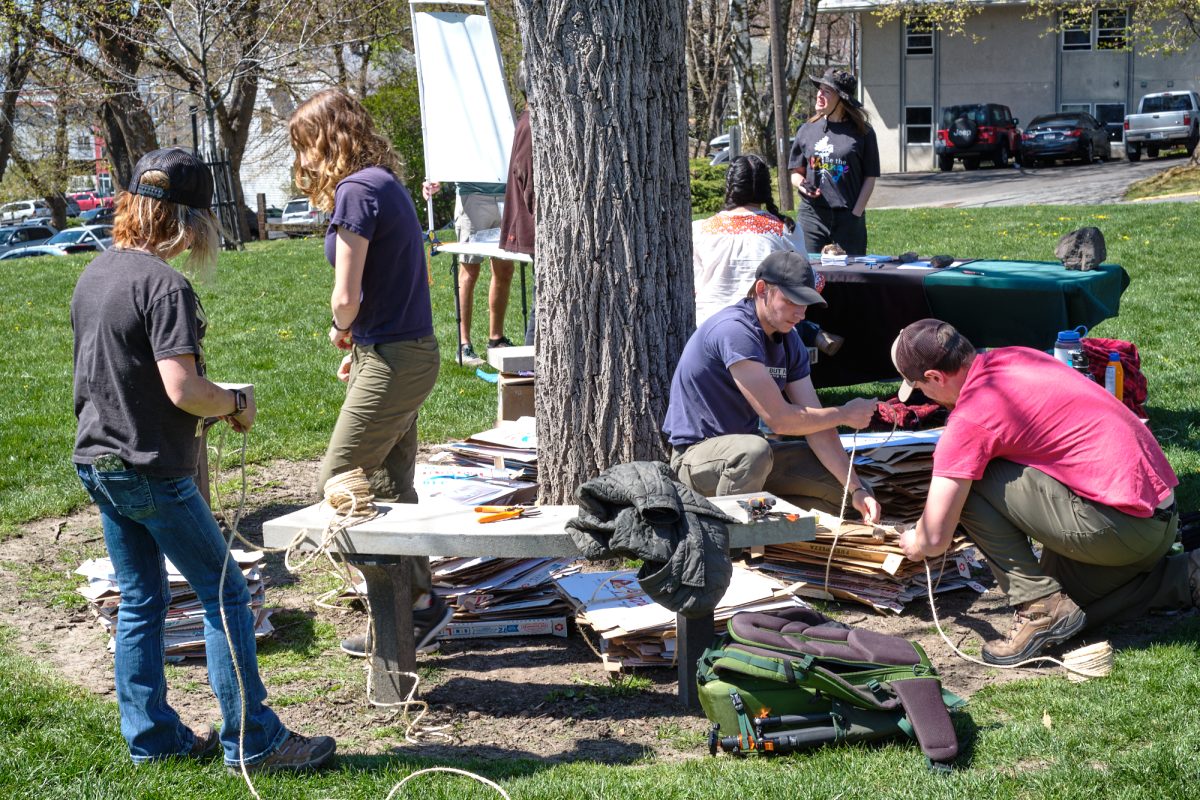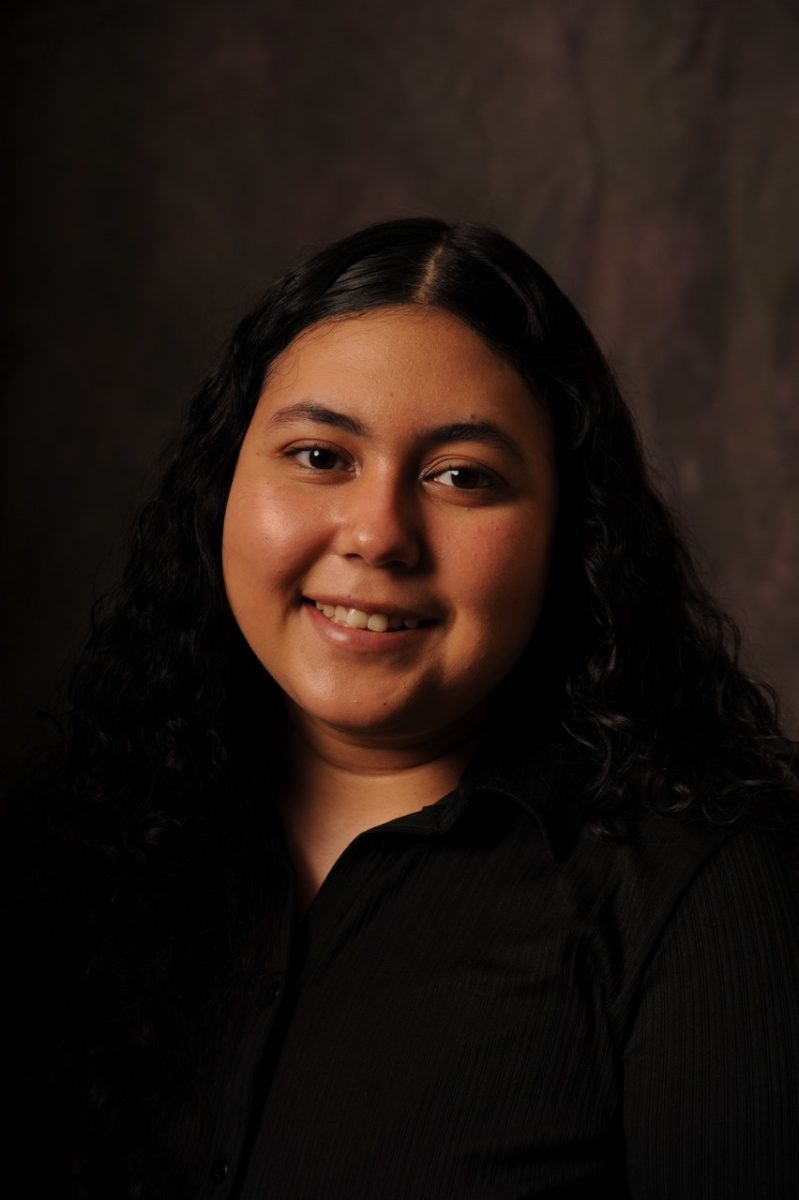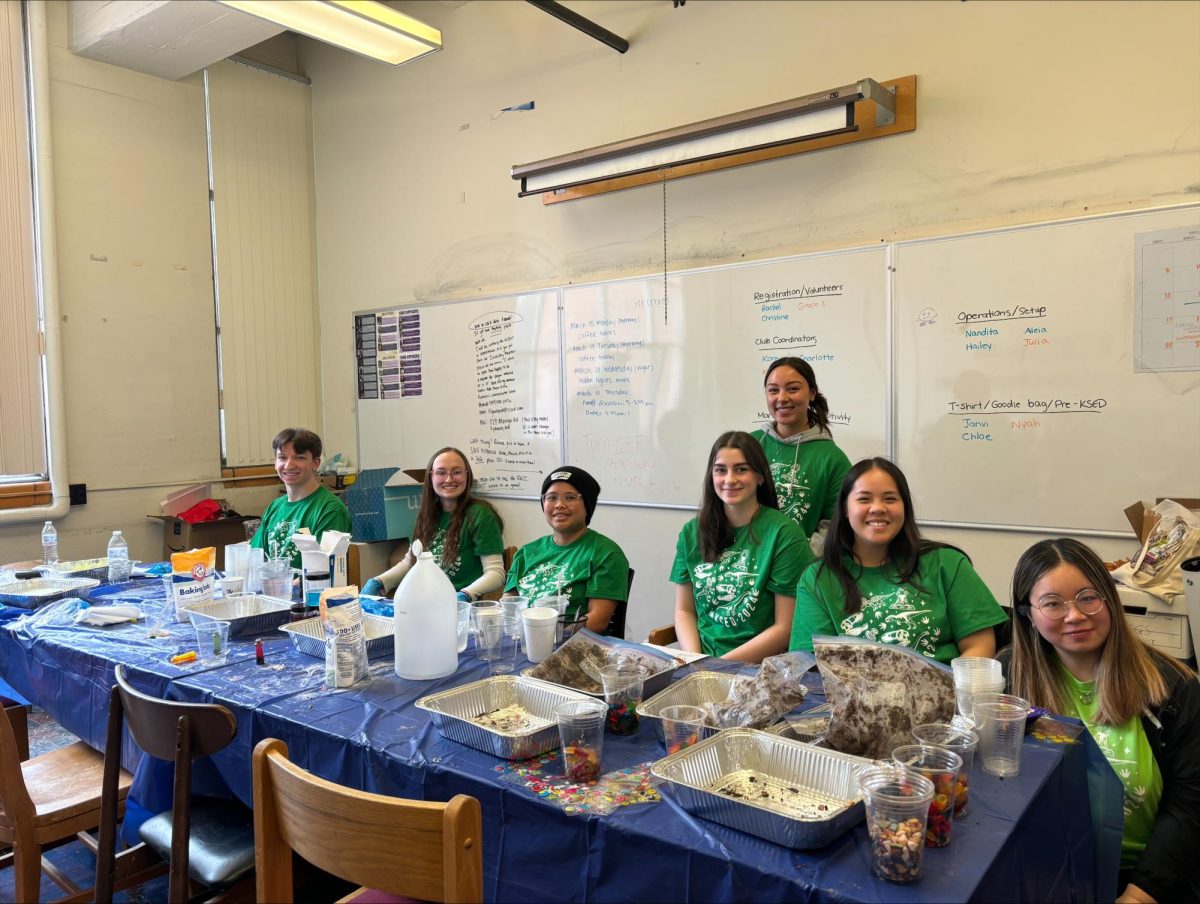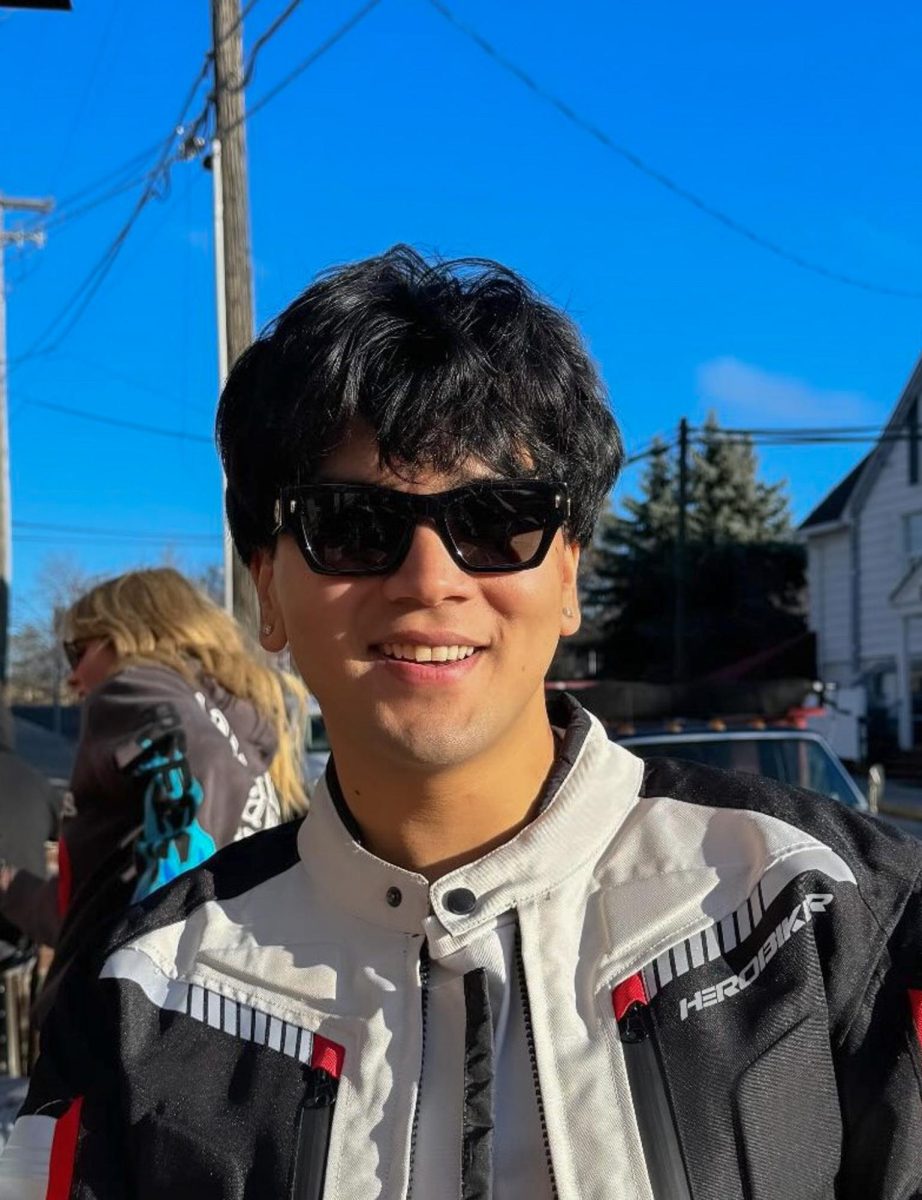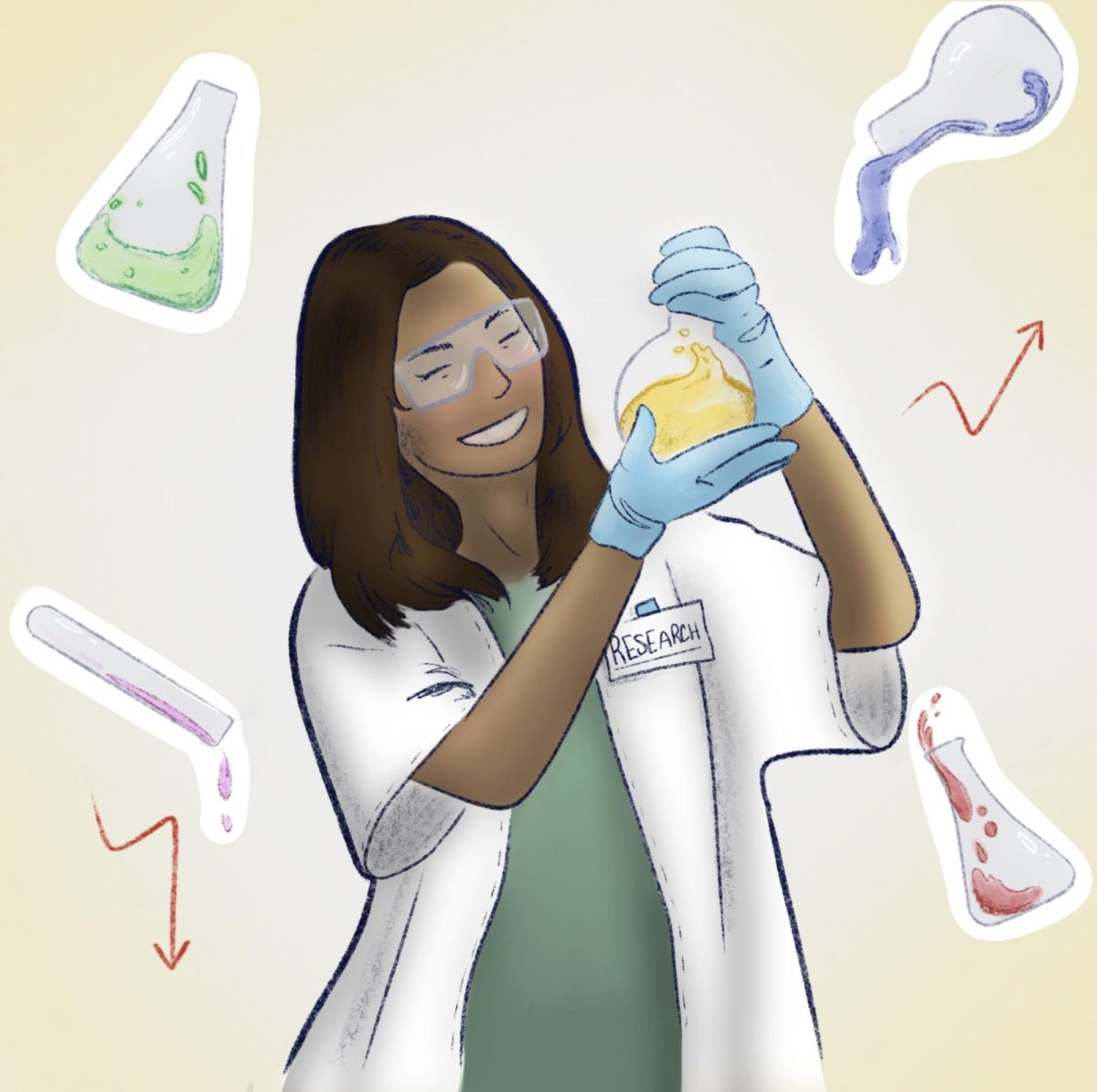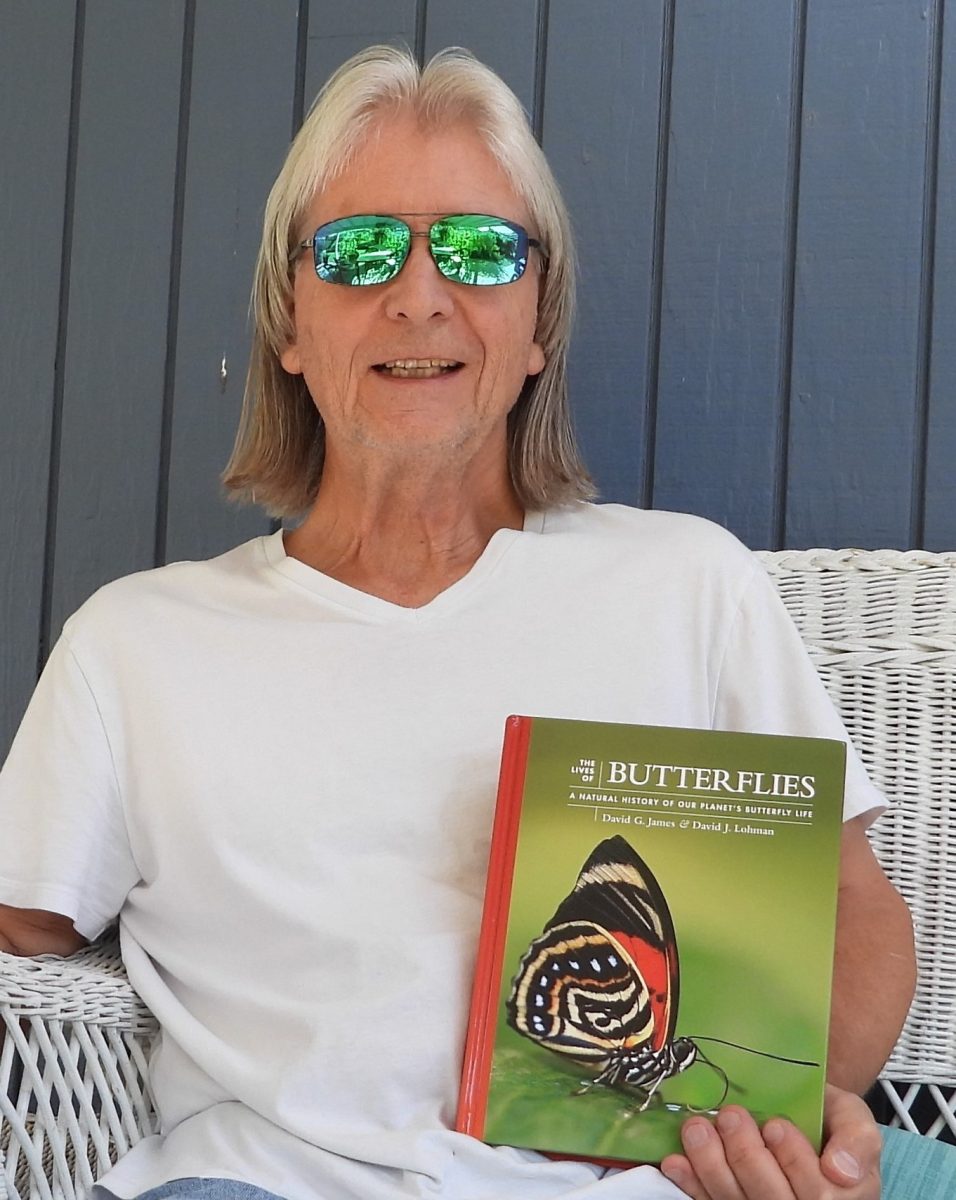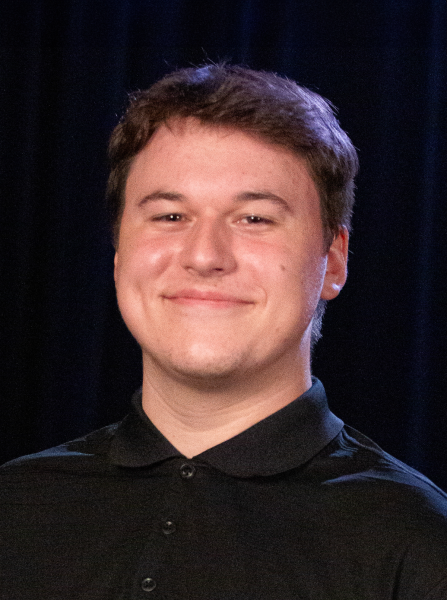Local rocket engineering club Palouse Aerospace finally took off on a national stage this June after two years of planning and two semesters of hands-on designing, building and testing.
Consisting of 25 members, the club is relatively small, but for senior Carlos Venegas, former president and current vice president of Palouse Aerospace, it is the perfect fit. He was one of 10 club members to attend the 2023 Spaceport America Cup representing the Palouse.
Competing in the competition against several other schools has been a multi-year-long effort for the club, as they did not compete last year, Venegas said.
“The bulk of the work happened these past two semesters, which saw the construction and development of several sub-scale rockets for the purpose of testing many of our subsystems,” he said. “For example, we built two model rockets, Foundation I & Foundation II, for testing a novel student-developed flight computer.”
Venegas said the Cup is an annually-held international competition and the world’s largest rocket engineering competition. Nearly 6,000 students from across 24 countries participated in this year’s Cup, held in the New Mexico desert at Spaceport America.
At the competition, the Palouse team competed in the 10k Commercial Off-The-Shelf category, which refers to the rocket motors that the teams in the competition buy from vendors as they are not allowed to manufacture their solid motors due to the risk involved, he said.
Launching their rocket was nerve-racking, as, despite their confidence in their design, there is always a chance for misfortune, Venegas said. If you are unlucky, even the most robust designs are subject to catastrophic motor failure, and your rocket blows up.
But launching the rocket is what entices so many to join the club, and it is what Charles Ludwig, rocket recovery lead and club treasurer, said is his favorite part of the club.
“There is something special about putting a rocket that you have put so much time into on the launch pad to go thousands of feet in the air,” Ludwig said.
Despite the preparation stage not going exactly how the team planned, the launch itself went well, and the team felt happy with how it performed, he said.
“We got in the air and it was super exciting. Since I was the recovery lead, I was in charge of monitoring the telemetry during flight. Even when we lost track of the rocket just after apogee, according to the telemetry, the rocket was performing exactly as expected,” Ludwig said.
With the successful launch, Venegas is happy with how the club performed despite the small team and limited resources, and he is optimistic about the future state of the club. While they did not win the category, a successful launch was the end goal.
Being a part of the club for several years, he said he joined as building rockets and having hands-on experience with building are some of his interests, and he was eager to learn more about building for aerospace.
“I have been with the club since my freshman year. Back then, it was still called WSU Aerospace Club,” he said. “I joined because I wanted to learn and be part of a team. I knew nothing about rockets, but I had a lot of skills I thought were applicable.”
The club’s advisor Maynard Siev said he has been with the club since 2015 but took up the distinction of the official advisor recently, with him observing all of Venegas’ involvement in the club.
“[Venegas] has had a major impact on the club, helping to begin shaping the future of the club. He is a brilliant young student who knows how to ask the right questions,” he said. “This year, they are attempting to remodel the club to include majors outside of engineering.”
Siev said Venegas intends to branch out to marketing and business students to aid in fundraising, purchasing and advertisement. His vision is to have a club that looks like a small startup.
“Our efforts this year were a major step forward for our club,” he said.





